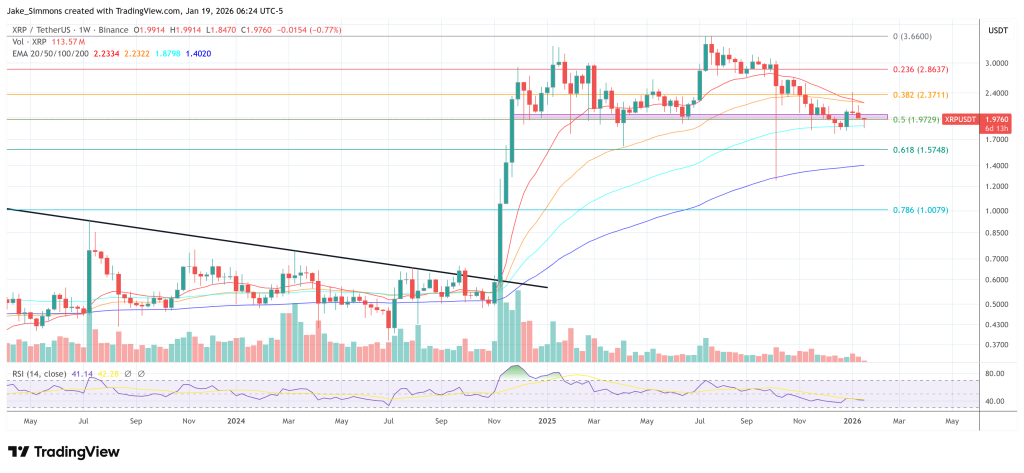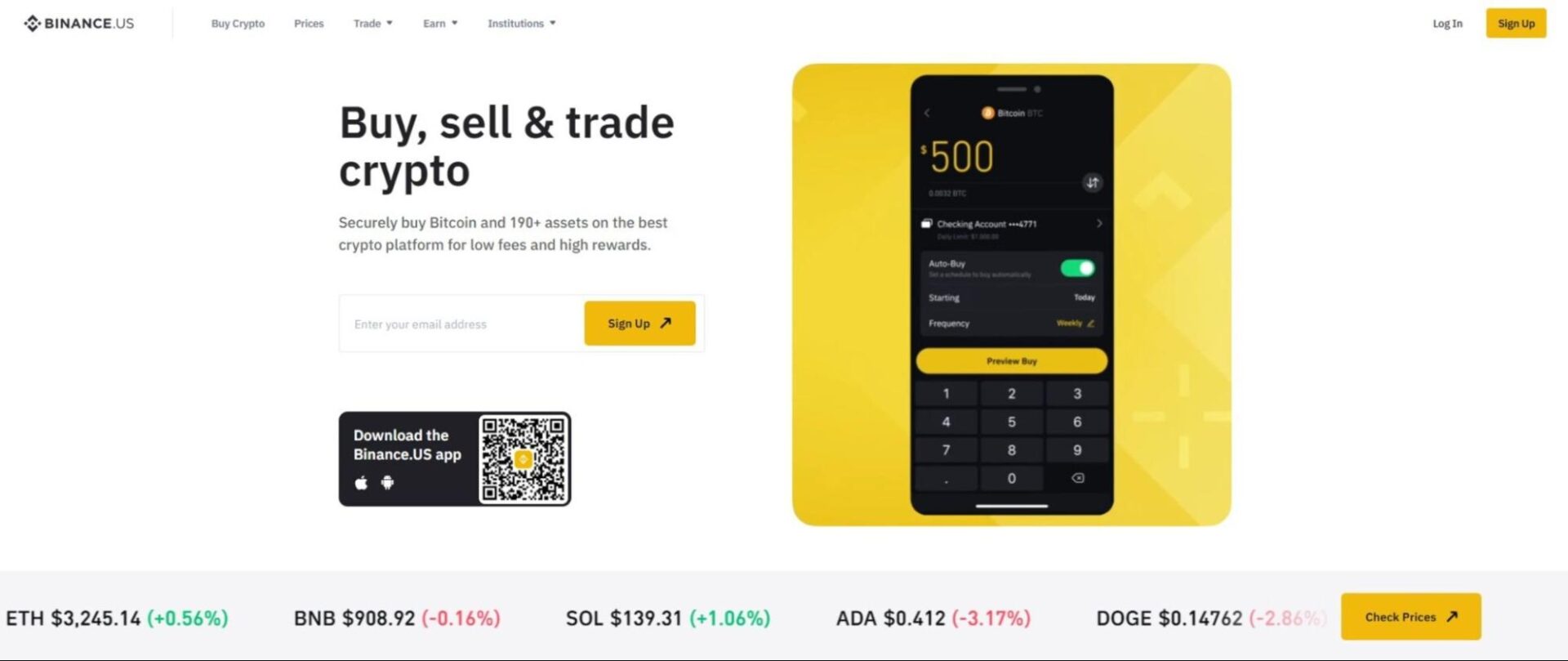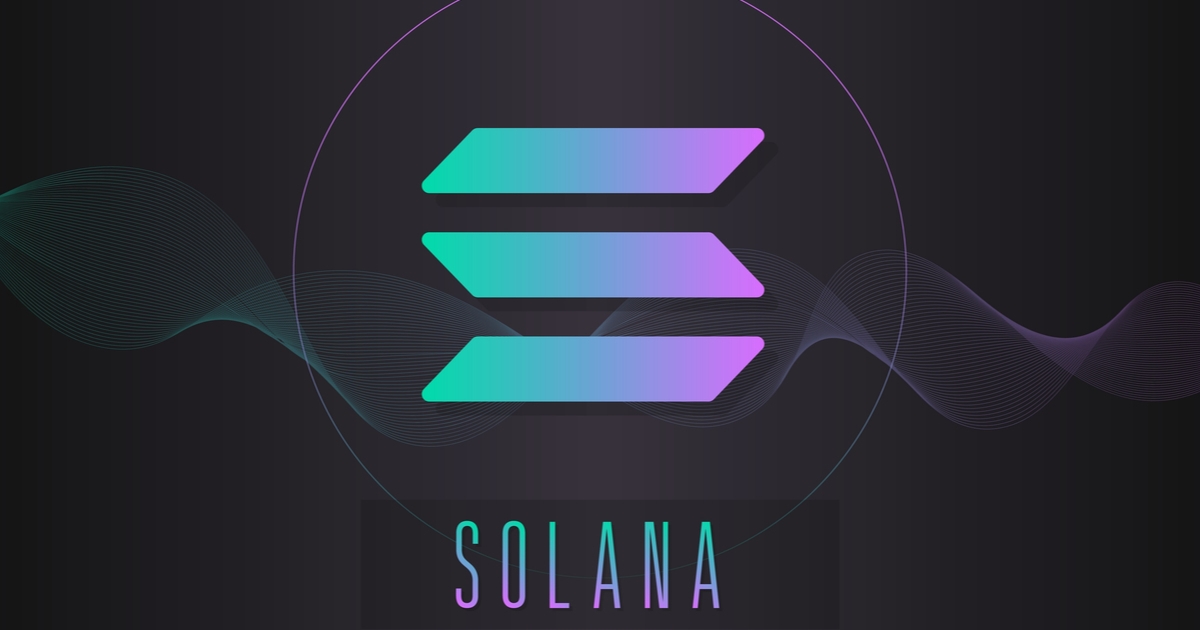Hey there guys! This is a very heterogeneous sub since there’s people from all around the world and all different kind of backgrounds. Some are very knowledgeable when it comes to IT, crypto and finance and some are able to pull it off just by experience, patience and the basics of it all. Nonetheless, there are lots of new concepts and it can be very challenging to know them all and keep up with all the new ones that are appearing every day. So I thought about trying to make posts that help digest some of this info. So here’s an attempt at explaining what Ethereum Nodes are:
A) What are Ethereum Nodes?
In the Ethereum network, nodes play a crucial role. Simply put, a node is any device (like a computer) that participates in the Ethereum blockchain's network by maintaining a copy of the entire blockchain and verifying transactions. These nodes work together to keep the network decentralized, secure, and trustworthy.
B) Types of Ethereum Nodes:
Full Nodes: Full nodes are the backbone of the Ethereum network. They store a complete copy of the blockchain, validate transactions, and enforce network rules. Full nodes contribute to decentralization, ensuring the integrity of the blockchain.
Light Nodes: Light nodes, also known as "light clients," don't store the entire blockchain but instead rely on full nodes for verification. They fetch only the necessary information for specific transactions or tasks, making them more lightweight and faster to sync with the network.
C) Why Run an Ethereum Node?
Running an Ethereum node offers several benefits:
Increased security: By running a full node, you can independently verify the accuracy of transactions and avoid relying on third-party sources.
Trustlessness: Nodes allow you to interact directly with the Ethereum network, eliminating the need for intermediaries.
Supporting the network: By running a node, you actively participate in the decentralization of the Ethereum network, contributing to its stability and resilience.
D) Setting Up an Ethereum Node:
Setting up an Ethereum node can be a technical process, but don't worry, it's no rocket science. Here's a simplified step-by-step guide:
Choose your hardware: You'll need a computer or server with ample storage space, processing power, and a stable internet connection.
Select a client: Ethereum offers different software clients like Geth, Parity, and OpenEthereum. Choose the one that suits your needs and preferences.
Syncing the blockchain: After installing the client, you'll need to sync your node with the Ethereum blockchain. This process can take some time as it involves downloading and verifying the entire chain.
Configuration and maintenance: Once your node is synced, you can configure it to suit your requirements. Regular updates and maintenance will ensure your node stays up to date with the latest improvements and security patches.
Remember, running a full node requires significant resources and technical knowledge. If you're not ready for that commitment, light nodes or using trusted third-party services are alternative options.
E) Conclusion:
Ethereum nodes are the building blocks of the network, ensuring its security, decentralization, and trustworthiness. While setting up and maintaining a node may seem daunting, it's an excellent way to actively participate in the Ethereum ecosystem and support its principles.
Feel free to ask any questions or share any info that I’ve left out. I hope at least you’ve learned something new today!
[link] [comments]

You can get bonuses upto $100 FREE BONUS when you:
💰 Install these recommended apps:
💲 SocialGood - 100% Crypto Back on Everyday Shopping
💲 xPortal - The DeFi For The Next Billion
💲 CryptoTab Browser - Lightweight, fast, and ready to mine!
💰 Register on these recommended exchanges:
🟡 Binance🟡 Bitfinex🟡 Bitmart🟡 Bittrex🟡 Bitget
🟡 CoinEx🟡 Crypto.com🟡 Gate.io🟡 Huobi🟡 Kucoin.




















Comments